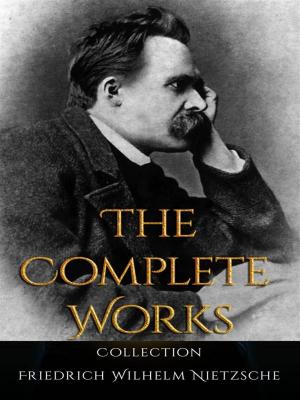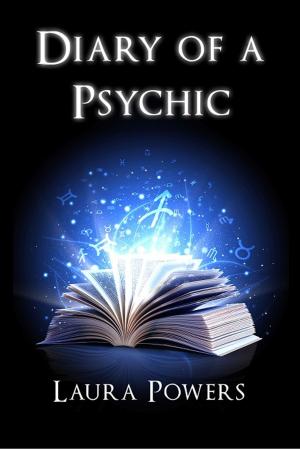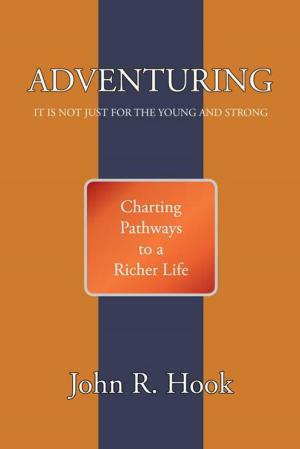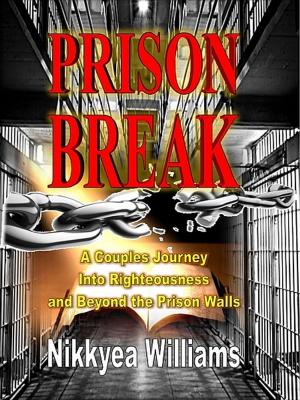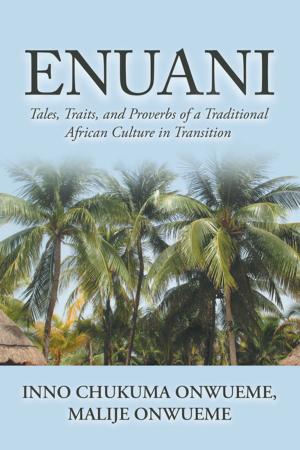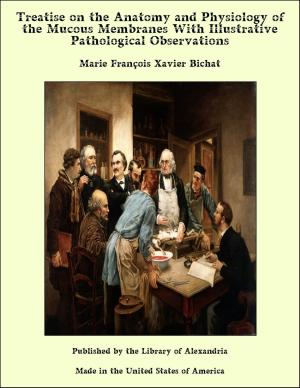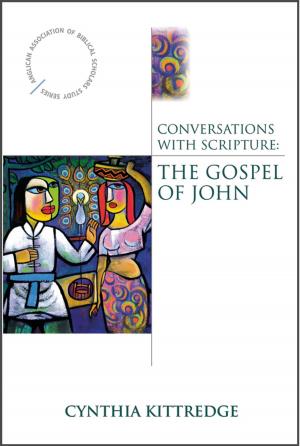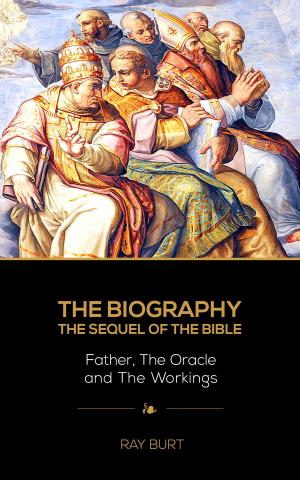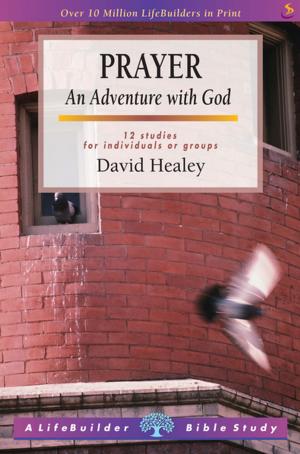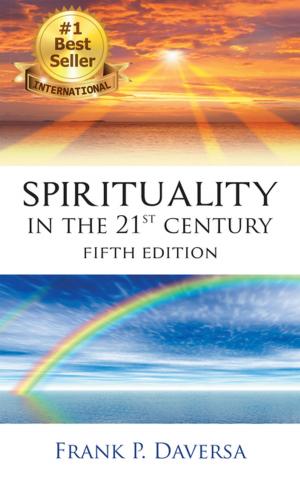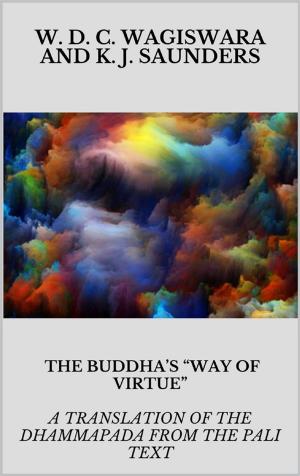| Author: | Donald A. Bailey | ISBN: | 9780992078232 |
| Publisher: | Donald A. Bailey | Publication: | December 19, 2013 |
| Imprint: | Donald A. Bailey | Language: | English |
| Author: | Donald A. Bailey |
| ISBN: | 9780992078232 |
| Publisher: | Donald A. Bailey |
| Publication: | December 19, 2013 |
| Imprint: | Donald A. Bailey |
| Language: | English |
This book argues that life can be sacred and meaningful without belief in a deity. It contains much information on Christian theology and history (including a unique "Table" of beliefs in the 16th century), while focussing on Unitarian Universalism. Several chapters demonstrate how a non-believer might undertake Biblical interpretation. The final section examines the sources of commitment to action enabling social justice and discusses selected applications. The author is a retired Professor of European History and a sometime Lay Chaplain.
This book argues that life can be sacred and meaningful without belief in a deity. It contains much information on Christian theology and history (including a unique "Table" of beliefs in the 16th century), while focussing on Unitarian Universalism. Several chapters demonstrate how a non-believer might undertake Biblical interpretation. The final section examines the sources of commitment to action enabling social justice and discusses selected applications. The author is a retired Professor of European History and a sometime Lay Chaplain.

